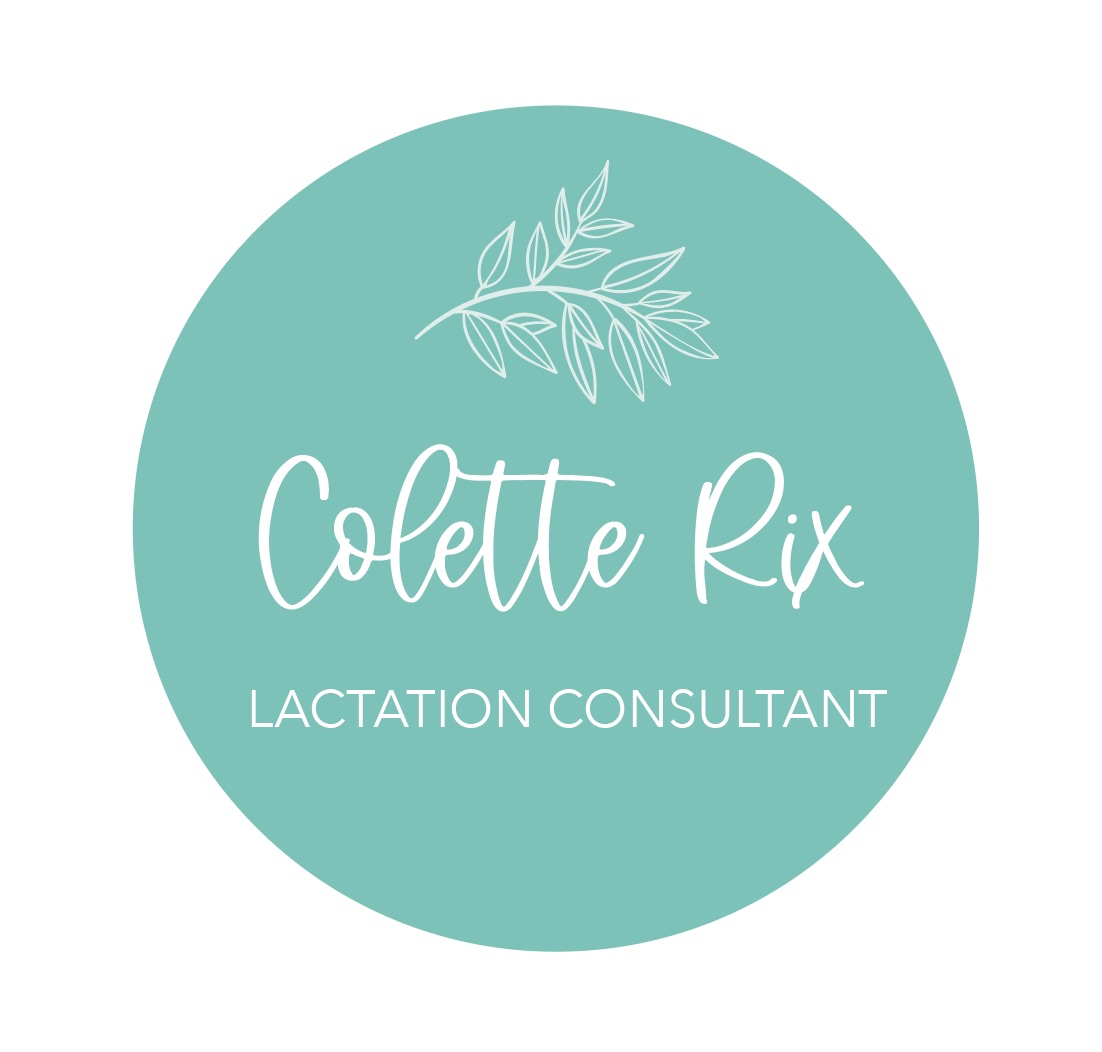How often should your newborn feed?
Posted on
Humans can be described as ‘carry animals’. Other examples of carry animals are apes and kangaroos. Carry animals are the the most immature at birth and they are dependent on the warmth of mother’s body and need to be carried constantly. Human babies have tiny tummies that ensure that they are kept close to their mother due to their constant need to feed. Breastmilk is really easily digested and newborns need to be fed between 8 and 12 times in a 24 hour period. This equates to 2 or 3 hours from the start of one feed to the start of the next. When babies are first born they may even feed hourly which allows the breasts to be regularly stimulated in order to establish a good milk supply. The constant closeness to mother helps with bonding and the release of Oxytocin, which postnatally is responsible for milk ejection.
So whilst we know babies need to be feed between 8 and 12 times in a 24 hour period it is essential that we follow our baby’s feeding cues. Babies feed for many reasons, for thirst, hunger, comfort, because they are feeling cold or just simply need some reassurance. I will explore this in greater detail in a future blog when we discuss the fourth trimester, the first 12 weeks with your baby.

Milk Storage Capacity
Some babies may need to feed more often than others due to a mother’s storage capacity. What this means is that mother’s breasts can store differing amount of milk and there can also be a variation in each of your breasts. Perhaps surprisingly, this does not necessarily link to how large or small your breasts are. Breasts have varying amounts of glandular tissue (milk-making tissue). One mother may have the capacity to store 90ml or lessin each breast whereas another may be able to store 150 ml or perhaps even more. As a result of this mother’s with less storage capacity will find that they are likely to need to feed more frequently than a mother with a greater storage capacity. However, the amount of milk that a baby gets over a 24 hour period will be similar, it is just that babies will be asking for the breast more if the storage capacity in their mother’s breasts is less. So, don’t compare yourself to others and how often they may be feeding their own babies. Their storage capacity may be greater than yours and therefore their baby may feed less often but actually, the babies will be getting a similar amount of milk over the 24 hour period.

Image sourced from Queensland Government Website
